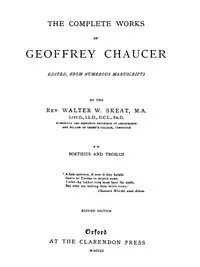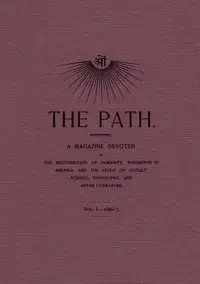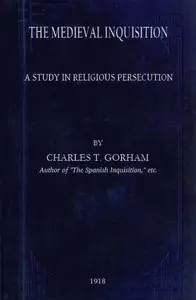"Chaucer's Translation of Boethius's 'De Consolatione Philosophiae'" by Boethius is a 14th-century philosophical text translated by Geoffrey Chaucer that contemplates life's big questions. The story kicks off with our main character, Boethius, locked up and feeling hopeless as he thinks about how good his life used to be. Everything changed so fast, and now he's trying to figure out why bad things happen. Just when he's at his lowest, a character named Philosophy shows up to help with some life lessons through conversation, guiding him to explore ideas about what is the purpose of suffering and the nature of existance.

Chaucer's Translation of Boethius's "De Consolatione Philosophiae"
By Boethius
Imprisoned and despairing, a man seeks solace through philosophical guidance as he navigates fortune's cruel twists and the search for true happiness.
Summary
About the AuthorAnicius Manlius Severinus Boethius, commonly known simply as Boethius, was a Roman senator, consul, magister officiorum, polymath, historian, and philosopher of the Early Middle Ages. He was a central figure in the translation of the Greek classics into Latin, a precursor to the Scholastic movement, and, along with Cassiodorus, one of the two leading Christian scholars of the 6th century. The local cult of Boethius in the Diocese of Pavia was sanctioned by the Sacred Congregation of Rites in 1883, confirming the diocese's custom of honouring him on the 23 October.
Anicius Manlius Severinus Boethius, commonly known simply as Boethius, was a Roman senator, consul, magister officiorum, polymath, historian, and philosopher of the Early Middle Ages. He was a central figure in the translation of the Greek classics into Latin, a precursor to the Scholastic movement, and, along with Cassiodorus, one of the two leading Christian scholars of the 6th century. The local cult of Boethius in the Diocese of Pavia was sanctioned by the Sacred Congregation of Rites in 1883, confirming the diocese's custom of honouring him on the 23 October.














